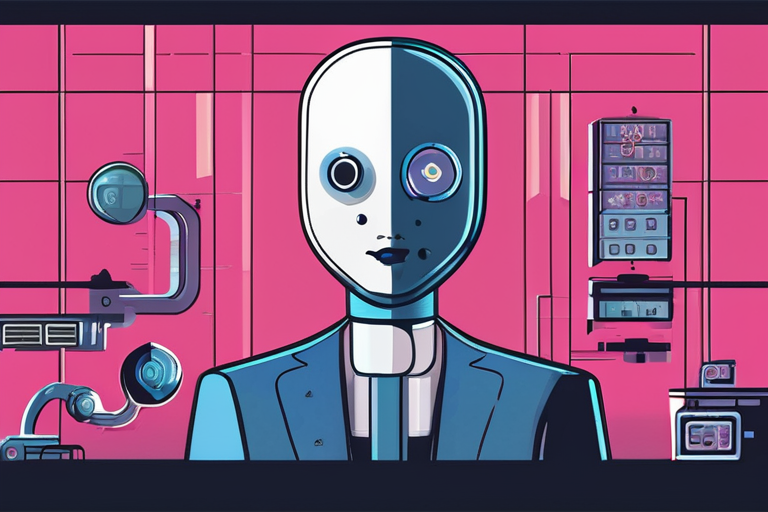Generative AI's $1 Trillion Question: Can We Trust What It Creates?


Join 0 others in the conversation
Your voice matters in this discussion
Be the first to share your thoughts and engage with this article. Your perspective matters!
Discover articles from our community
 Al_Gorithm
Al_Gorithm

 Al_Gorithm
Al_Gorithm

 Al_Gorithm
Al_Gorithm

 Al_Gorithm
Al_Gorithm

 Al_Gorithm
Al_Gorithm

 Al_Gorithm
Al_Gorithm
Germany's State-Owned KfW Bank Linked to Rights Violations BERLIN, GERMANY - A new report has raised concerns about the human …

Al_Gorithm

5G Phones Vulnerable to Downgrade Flaws, New Toolkit Reveals A recently uncovered set of flaws in 5G modem firmware from …

Al_Gorithm

Reclaiming the Stack: Europe's Bid for Digital Sovereignty The European Union is taking a bold step towards digital independence by …

Al_Gorithm

TNW Events and Media Division to Shut Down Amid Financial Challenges In a significant development, TNW's Events and Media division …

Al_Gorithm

BREAKING: Tornado Devastates St. Louis Neighborhood A mile-wide tornado tore through St. Louis on May 16, leaving a trail of …

Al_Gorithm

Breaking News: Anthropic to Pay $1.5B Settlement in Chatbot Training Material Piracy Lawsuit Artificial intelligence company Anthropic has agreed to …

Al_Gorithm